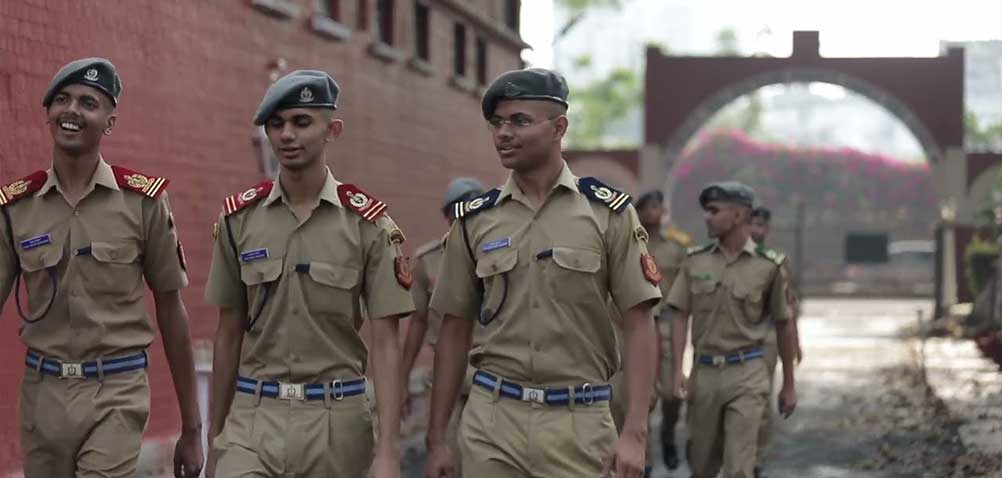
Military service members who decide to embark on an educational journey carry with them a spirit of dedication and resilience that enriches our campuses and society. Their pursuit of academic and career advancement stands as a testament to their unwavering commitment to personal growth and national service. This blog post provides an overview of military students in higher education, exploring their challenges, strengths, and the resources available to support them.
Who Are Military Students?
Military students are a diverse group that includes active-duty service members, reservists, National Guard members, veterans, and often their families. They bring a wealth of experience to the classroom, from technical skills and global perspectives to leadership and teamwork abilities honed in various settings around the world.
Unique Challenges
Transitioning from military to student life is not without its challenges. Military students must navigate the complexities of academic environments, which can be vastly different from military culture. They may face obstacles such as:
- Adjusting to civilian and academic life.
- Balancing education with service commitments or family responsibilities.
- Accessing military-friendly educational resources and support systems.
- Dealing with physical injuries or psychological stresses such as PTSD.
Strengths and Skills
Despite the challenges, military students possess distinctive strengths that contribute to their success in the academic realm:
- Discipline: The military instills a strong sense of discipline, which translates into excellent time management and organizational skills in an academic setting.
- Maturity: Many military students have had significant life experiences that foster maturity and a focused approach to their studies.
- Diversity: Exposure to diverse cultures and global situations equips military students with unique insights and adaptability.
- Leadership: Military training emphasizes leadership and teamwork—skills that enhance group projects and collaborative learning environments.
Educational Resources and Support
Recognizing the unique needs of military students, numerous resources are available to facilitate their educational journey:
- GI Bill Benefits: Programs like the Post-9/11 GI Bill provide financial support for tuition, books, and housing.
- On-Campus Resources: Many institutions offer veteran affairs offices and student veteran organizations to create a supportive community.
- Credit for Military Training: Some universities award academic credit for military training and experience, acknowledging the value of military education.
- Counseling and Wellness Programs: Access to specialized counseling services can help address the psychological challenges that some military students may face.
- Career Services: Tailored career advice assists military students in translating their military experience into civilian job opportunities.
The Path Forward
As they move forward in their academic careers, military students often exemplify the principles of perseverance and excellence. Institutions of higher learning continue to adapt and create pathways for these students, ensuring that the transition into academic life is not only possible but also rewarding.
Higher education for military students is not simply about earning a degree. It’s about continuing a commitment to learning and leading that many made when they first entered the service. It’s about broadening horizons, exploring possibilities, and preparing for the next chapter of service, whether in civilian life or continued military involvement.
Conclusion
The journey of military students is both inspiring and complex. As educators and fellow students, it is our privilege and responsibility to support these valiant learners. By providing the right resources and fostering an inclusive educational environment, we can help ensure that military students achieve their academic and life goals.
The educational pursuit of military students enriches not only their lives but also the fabric of our educational institutions and the nation. As they forge ahead, they deserve our utmost respect and support—for they are not only students but guardians of our country’s future.
